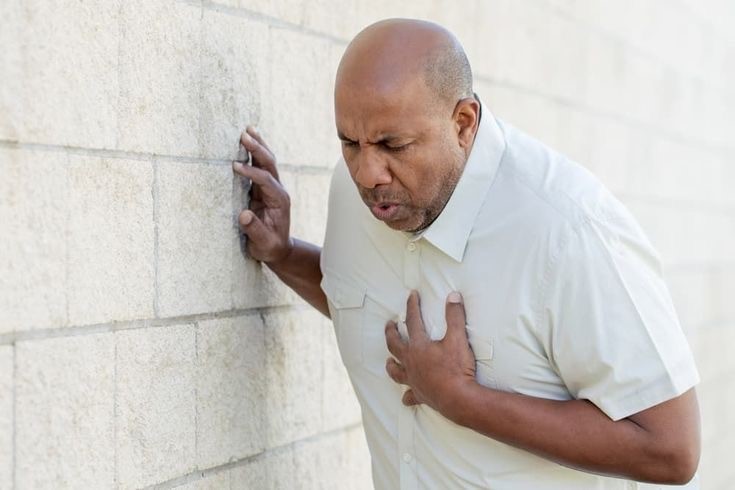Falling head over heels can be like riding a roller coaster of emotions, leaving you on cloud nine. But, let’s talk about the flip side – experiencing a sudden breakup or being separated from your significant other is like getting hit by an emotional wrecking ball. It’s not just in your head; there’s actually a scientific explanation for the real, physical pain that comes with a heartbreak.
Since heartbreak appeals to our innate need for connection, it is more than just a metaphor. Humans are social creatures with a natural need for connection, love, and support. Thus, when a relationship ends, it’s as though our internal social GPS malfunctions, leaving us with a void more emptied than a bag of popcorn after a binge-watching session on Netflix.
While poets and singers have always known that love is painful, scientists are now investigating the actual suffering caused by a breakup, and their discoveries are assisting individuals in understanding and overcoming their grief.

According to Dr. Deborah Lee, a medical writer from Dr. Fox Online Pharmacy, England, heartbreak’s excruciating nature has a physiological foundation, and the symptoms extend beyond just being mental, as explained to Live Science.
According to neuroscientists, the brain reacts to both physical and emotional pain remarkably similarly. Research has shown that same brain areas that are active in response to physical pain are also active during the agony of heartbreak. This indicates a strong link between emotional and physical aspects, which may explain why ending a relationship can cause significant pain.
“When you fall in love, there is a natural outpouring of hormones. These include the ‘cuddle’ hormone oxytocin and the ‘feel-good’ hormone dopamine,” Dr Lee explained. “But when you fall out of love, levels of oxytocin and dopamine drop, while at the same time there is an increase in levels of one of the hormones responsible for stress – cortisol,” she added.
According to the medical specialist, high cortisol levels can elevate blood pressure, weight gain, acne, and heightened anxiety. She noted that regions of the brain associated with physical pain are also activated by experiences of social rejection, such as the termination of a relationship.

Moreover, Live Science suggests that a broken heart might occasionally manifest as a medical issue. Referred to as “broken heart syndrome” or takotsubo cardiomyopathy, it is a temporary heart condition typically triggered by extreme mental or physical stress. This condition often causes chest pain due to temporary alterations in the heart’s pumping mechanism and occasional stiffening of the heart muscle.
Heartbreaks are no jokes. Up to 7% of all unplanned cardiac hospital admissions in Japan are currently attributed to takotsubo. This happens when stress hormones cause the left ventricle to weaken and momentarily lose its ability to pump blood after a traumatic incident. It’s a challenging event that clearly shows how life’s stresses – whether related to an earthquake or the end of a relationship – affect the heart.
While heartbreak is indeed challenging, psychologists clarify that emotional bonding and the resulting suffering may be an evolutionary feature that has helped humans survive.
In short, feelings of love and heartbreak affect our bodies as well as our minds! As shown by Dr. Deborah Lee, heartbreak actually causes bodily reactions such as an increase in stress hormones. It’s not just a mental process; our bodies are involved too, leading to issues like anxiety and elevated blood pressure. And you know what? The heart can actually experience transient cardiac arrest, also known as takotsubo-syndrome. Therefore, the next time you feel your heart being dramatic, put it down to life’s fluctuations, as it appears to treat love and heartache quite seriously.
Thus, the experience of matters of the heart—whether it is the thrill of love or the pain of heartbreak—is inextricably linked to our physical selves, while navigating the delicate balance between deep emotions and physiological intricacies.
Sources




